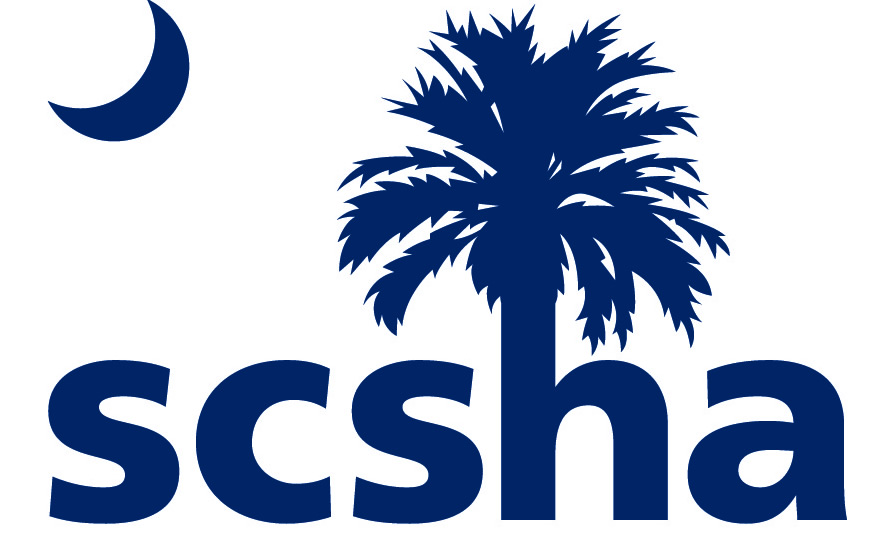|
The advocacy efforts for SCSHA take many volunteers and led by Kelly Caldwell, the Vice President of Government Affairs, and guided by our lobbyist, Wanda Crotwell. The SCSHA legislative affairs committee is actively involved each year in reviewing and updating advocacy missions as well as the legislative agenda. To find out more about our advocacy leadership, we are including biographies here. Read more about advocacy with SCSHA in the menu.
Wanda Connelly Crotwell is a government relations professional with more than 35 years of experience in the fields of government, communications, and lobbying. Prior to joining The Southern Group in 2019, she was a lobbyist and strategic advisor at Mike Daniel and Associates for seven years. Before joining MD&A, she was assistant to the Commissioner for External Affairs at the South Carolina Department of Health and Environmental Control, where she served under four separate commissioners and five different governors. As part of her responsibilities, she managed governmental affairs, constituent services, annual budget requests, accountability reports, internal communications, and media relations. She also served as policy advisor and strategic counsel to the Commissioner. In addition to her 18 years of experience in state government, she has worked in the field of communications for both non-profit and for-profit private sector companies in South Carolina and Georgia. Her areas of expertise include ... (read more)
SCSHA's Policy Team Includes: Kelly Caldwell Carrie Hinnant Katrina Tompkins Andrea Lary Michelle Jordan Liddy Parrish Mia Rosenberg Taylor Dry Lori-Ann Ferraro Angela McLeod Sekenyia Williams |

